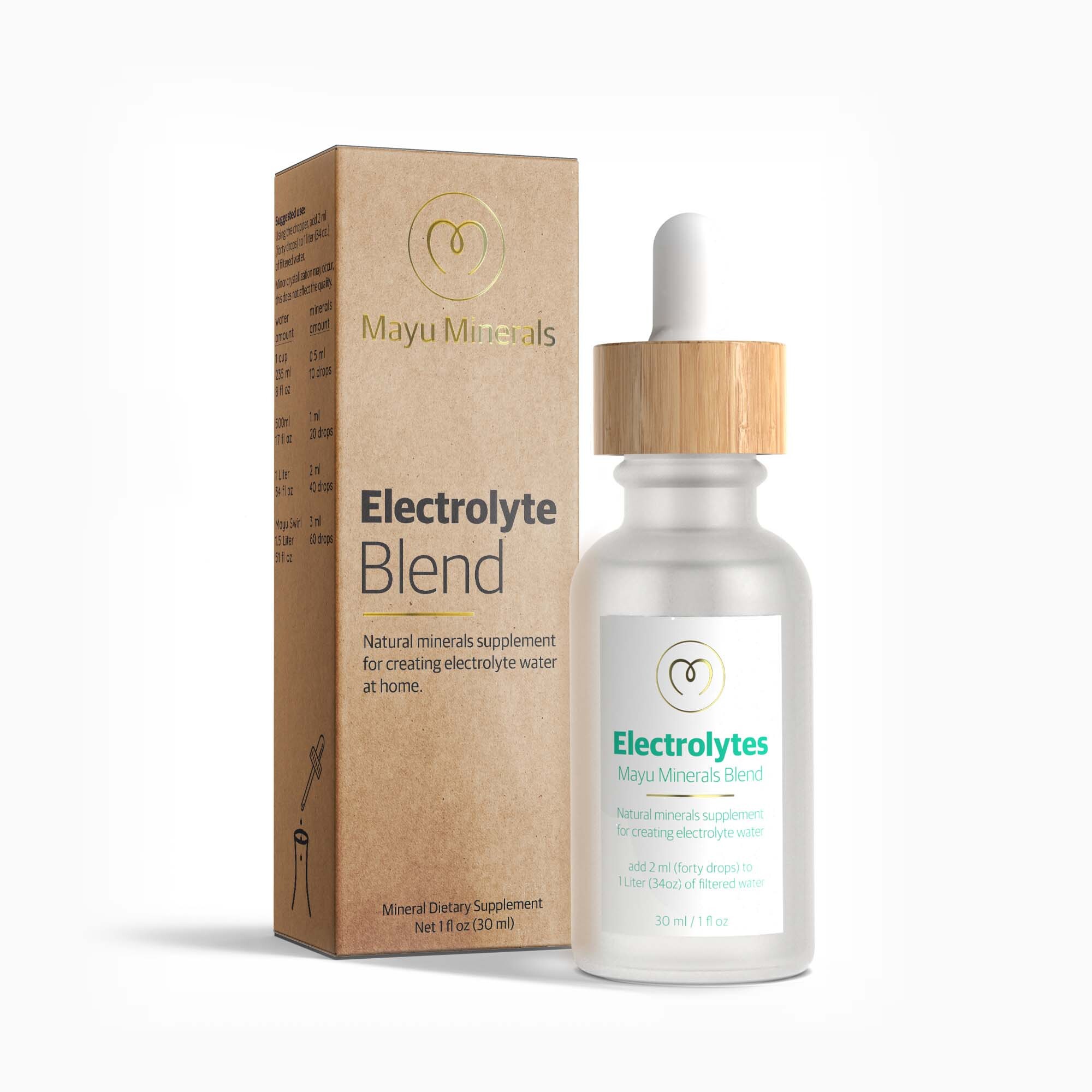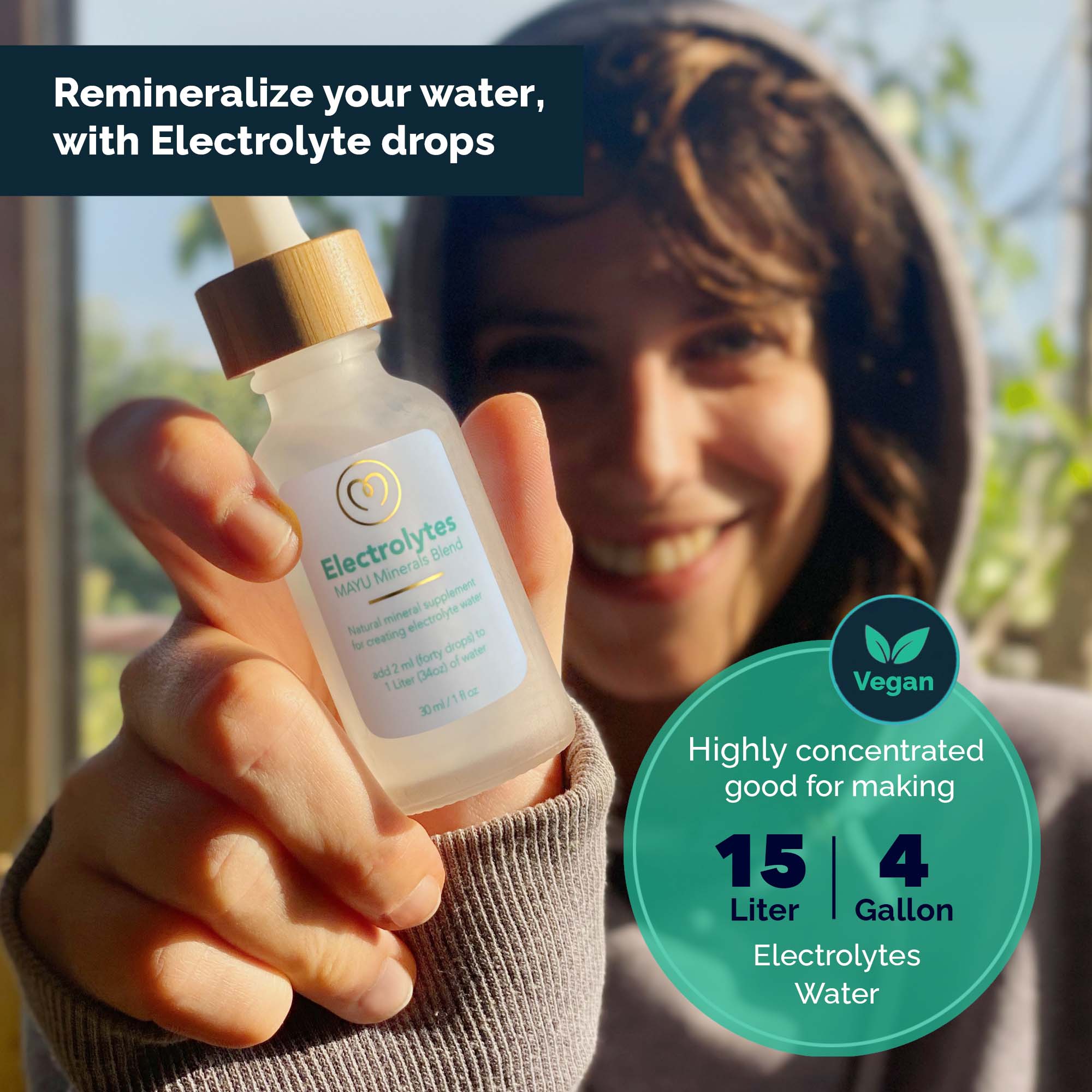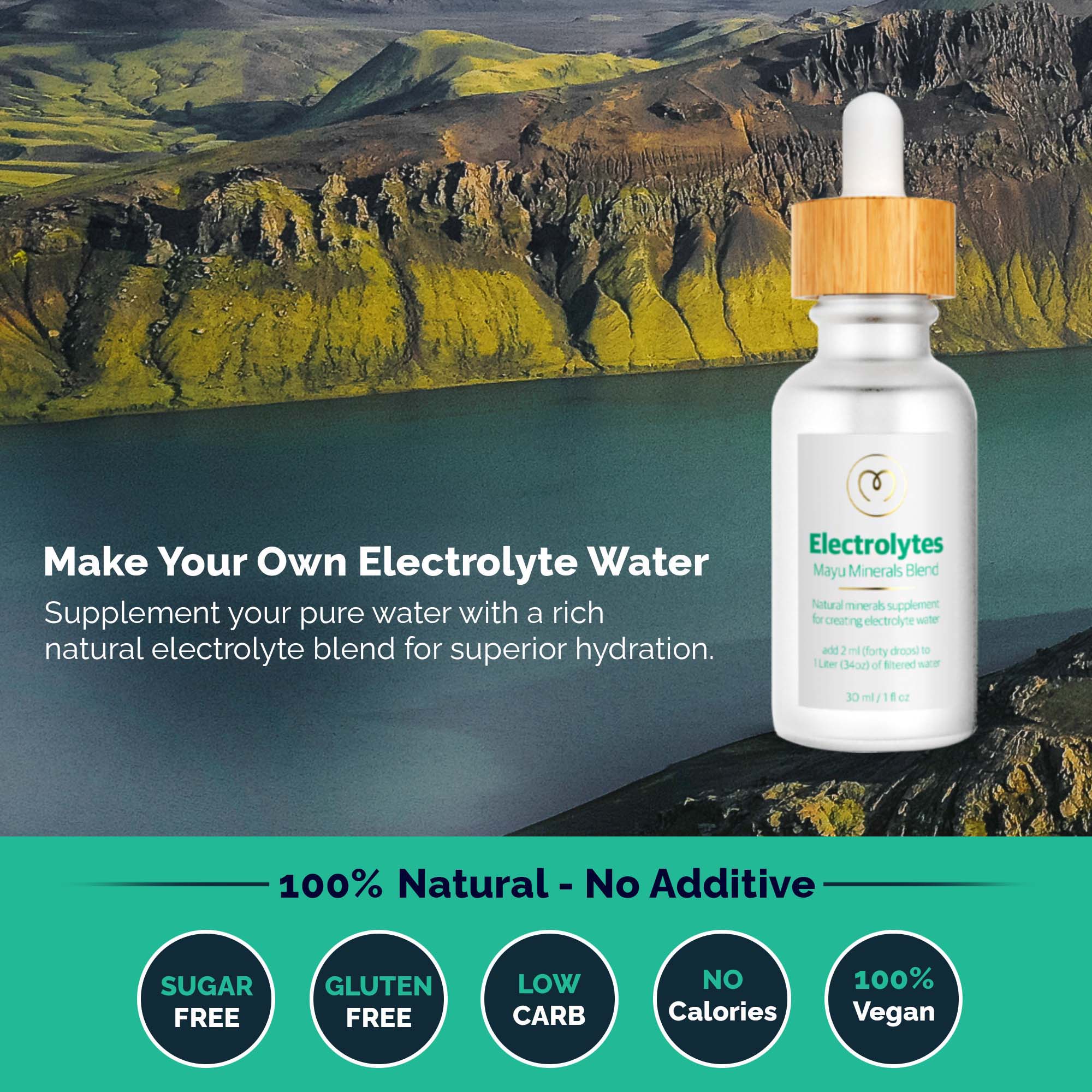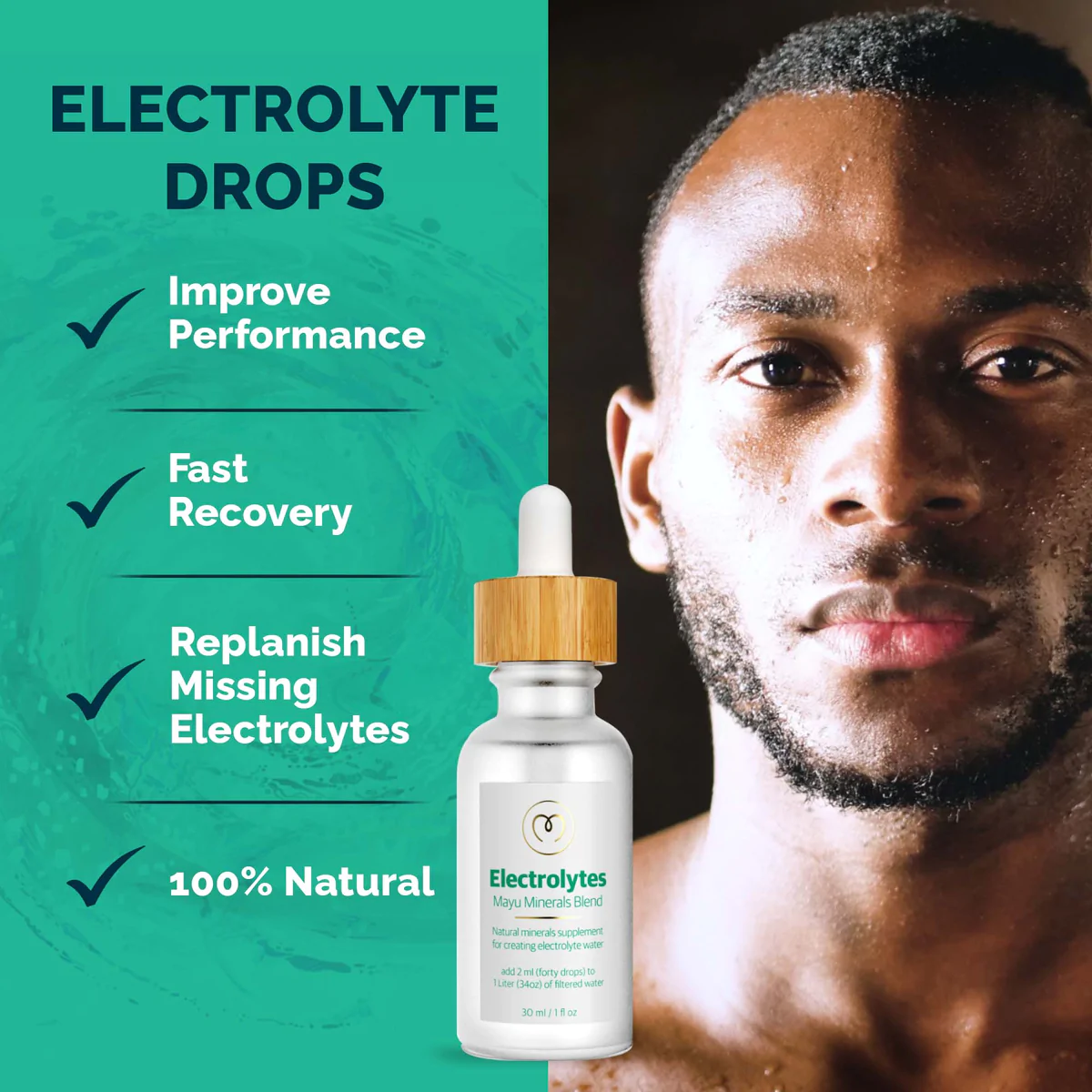Minerals vs. Vitamins: Are You Getting the Right Balance?
Don't just survive, thrive. Discover how a balanced intake of vitamins and minerals can optimize your health and well-being.
Updated February 5, 2025

Feeling sluggish? Prone to illness? Maybe your body is throwing an SOS, craving a crucial balance of micronutrients.
Let's reveal the secrets to a balanced intake of essential vitamins and minerals and unlock the path to vibrant health and well-being. Let's clear the confusion and empower you to make informed choices for a thriving you.
What's the Difference Between Minerals and Vitamins?
Minerals
Our bodies need different amounts of natural substances from soil and water called minerals. We get them from plants and animals. Some, like calcium and potassium, we need a lot of—these are called macrominerals. Others—such as iron—we only need a tiny bit of; these are called trace minerals.
Their functions include:
- Calcium: Builds strong bones and teeth.
- Potassium: Regulates blood pressure and fluid balance.
- Iron: Transports oxygen throughout the body.
» Understand the role of minerals in tap water
Vitamins
Vitamins, found in plants and animals, help our bodies work correctly. Vitamin D, made by our bodies with sunlight, helps bones absorb calcium. Vitamin C strengthens the immune system, and B vitamins help turn food into energy and support the nervous system.
They are classified as either water- or fat-soluble:
- Your body gets rid of water-soluble vitamins like vitamin C and B vitamins quickly, so you need to eat them often to stay healthy.
- Unlike water-soluble vitamins, vitamins A, D, E, and K need fat to be absorbed and can be stored in your body fat. But be careful; getting too much can be detrimental to your health.
» Explore whether water needs minerals to be good for you
Finding the Right Balance
Our bodies rely on a delicate balance of minerals and vitamins to function optimally. Unfortunately, various factors can disrupt it, leading to different health concerns. When essential nutrients are lacking, even in small amounts, their functions are compromised.
The most common deficiencies are:
- Calcium deficiency: Weakens bones, increasing the risk of osteoporosis.
- Iron deficiency: This leads to anemia, characterized by fatigue, shortness of breath, and decreased performance.
- B-vitamin deficiencies: Can manifest as cognitive decline, nerve damage, and even depression.
Did you know?
When one nutrient is missing, it can disrupt many other things in your body. For example, a low iron can affect your thyroid, which can then zap your energy and throw your metabolism out of balance.
On the other hand, overconsumption of certain minerals and vitamins can also be detrimental. For instance:
- Excessive iron: It may damage organs and cause liver problems.
- High vitamin A intake: This can lead to congenital disabilities and toxicity symptoms.
- Zinc overdosage: Can interfere with copper absorption and cause nausea, vomiting, and other issues.
» Check out how to choose the right water mineral drops for your diet
Additional Influences
Other factors can affect the absorption and utilization of minerals and vitamins, such as:
- Bioavailability: Refers to how readily nutrients are absorbed. Pairing certain foods can enhance absorption, while others can hinder it.
- Gut health: A healthy gut lining is crucial for nutrient absorption. Certain medical conditions can impair this process.
- Medications and supplements: These can interact with minerals and vitamins, affecting their absorption or causing adverse reactions.
Tip: Sweating can cause the body to lose essential minerals like magnesium and sodium. Consider using Mayu Minerals | Electrolyte Drops to replenish your electrolytes when working out or in hot weather.
Tips for Avoiding an Imbalance
Your body can't make its vitamins and minerals, so you have to eat them to stay healthy and strong. Processed foods usually don't have much of the good stuff, so stick to whole foods like fruits, veggies, whole grains, lean meats, and healthy fats—they're packed with the nutrients your body needs.
This includes:
1. Mineral Sources
- Calcium: Dairy products, leafy greens, nuts, seeds, legumes.
- Iron: Red meat, poultry, beans, fortified cereals.
- Magnesium: Legumes, nuts, seeds.
- Potassium: Bananas, avocados, potatoes.
- Zinc: Oysters, red meat, pumpkin seeds.
2. Vitamin Sources
- Vitamin C: Citrus fruits, berries, bell peppers.
- Vitamin D: Fatty fish, fortified dairy products, egg yolks—sunlight exposure also contributes.
- B vitamins: Leafy greens, fruits, whole grains, lean meats.
- Vitamin A: Orange vegetables, leafy greens.
- Vitamin E: Nuts, seeds, avocados.
3. Additional Considerations
- Cooking methods: Use techniques like steaming or lightly sautéing vegetables and storing fruits and vegetables in the refrigerator to preserve nutrients.
- Fortified foods: Consider incorporating fortified foods like cereals or milk, particularly for vitamins A, D, and calcium.
- Dietary restrictions: Those with restrictive diets, such as vegetarians or vegans, should pay attention to B12 and other nutrients you might lack.
Tip: Consult a healthcare professional to identify potential vitamin or mineral deficiencies and determine if supplementation is necessary based on your needs.
Vitamins and Minerals: A Balanced Approach
Achieving a balanced and healthy lifestyle is an ongoing journey that requires self-awareness. This effort includes focusing on a nutritious diet rich in various fruits, vegetables, whole grains, and lean protein sources.
You can also unlock the full potential of vitamins and minerals with Mayu Swirls. Its natural vortex motion will structure and aerate your water, balance pH levels, and improve hydration.


















































